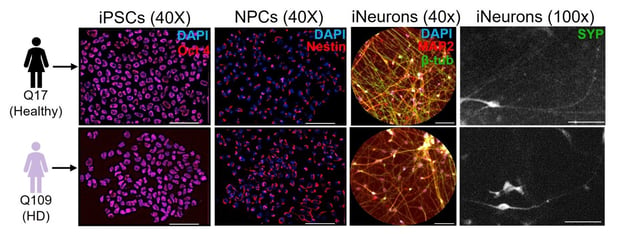Overview
- University at Buffalo researchers discovered that GSK3β exacerbates neuronal dysfunction, while ERK1 mitigates it in Huntington's disease models.
- Inhibiting GSK3β in fruit fly larvae reduced axonal transport defects and neuronal cell death, suggesting it as a therapeutic target.
- Elevating ERK1 levels decreased neuronal blockages and cell death, underscoring its neuroprotective role in Huntington's disease pathology.
- The study, published on April 22, 2025, in *Cell Death & Disease*, provides insights into kinase regulation of huntingtin protein and axonal transport.
- Further research is needed to validate these findings in mammalian systems and explore their potential for developing disease-modifying treatments.
